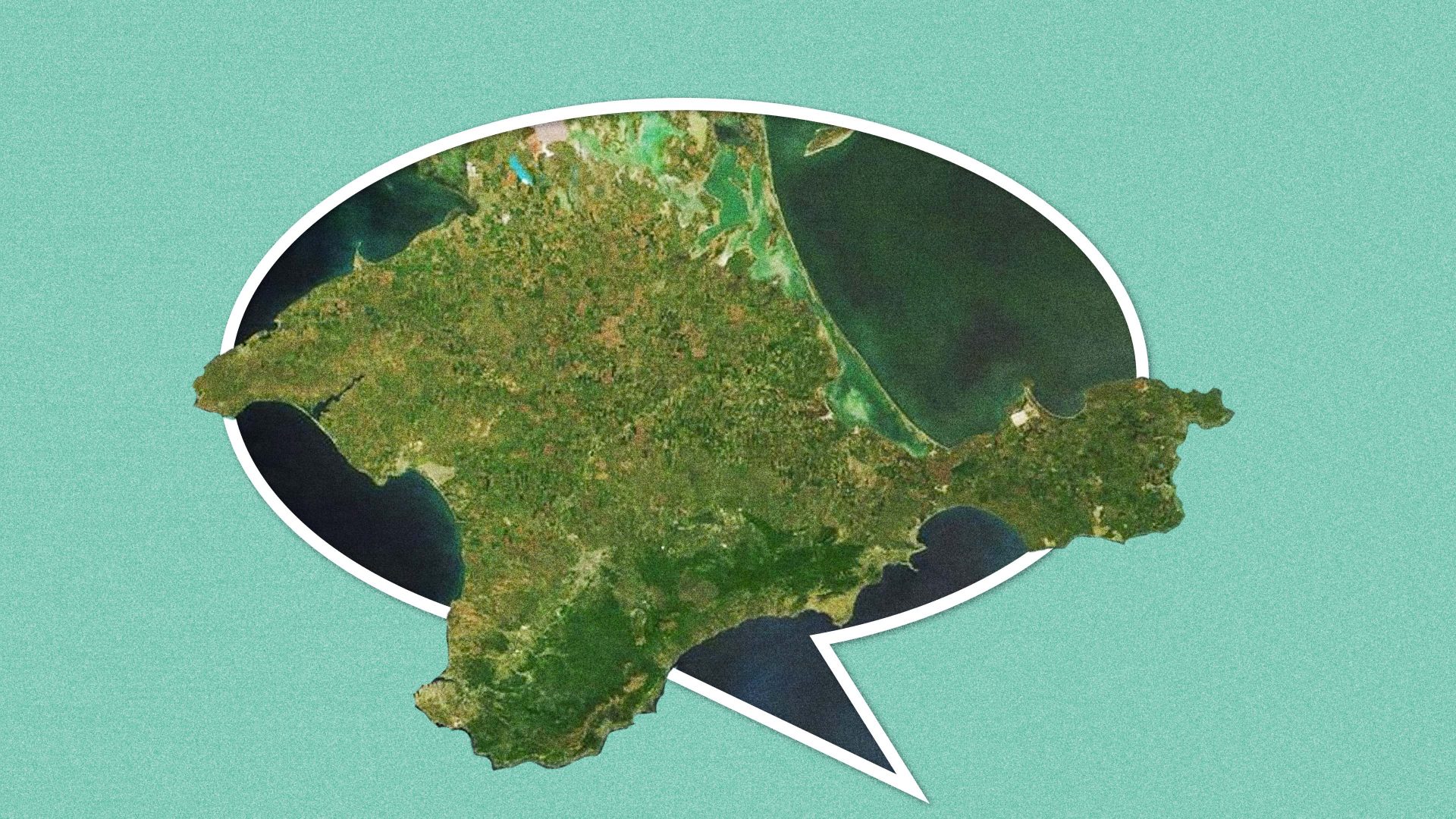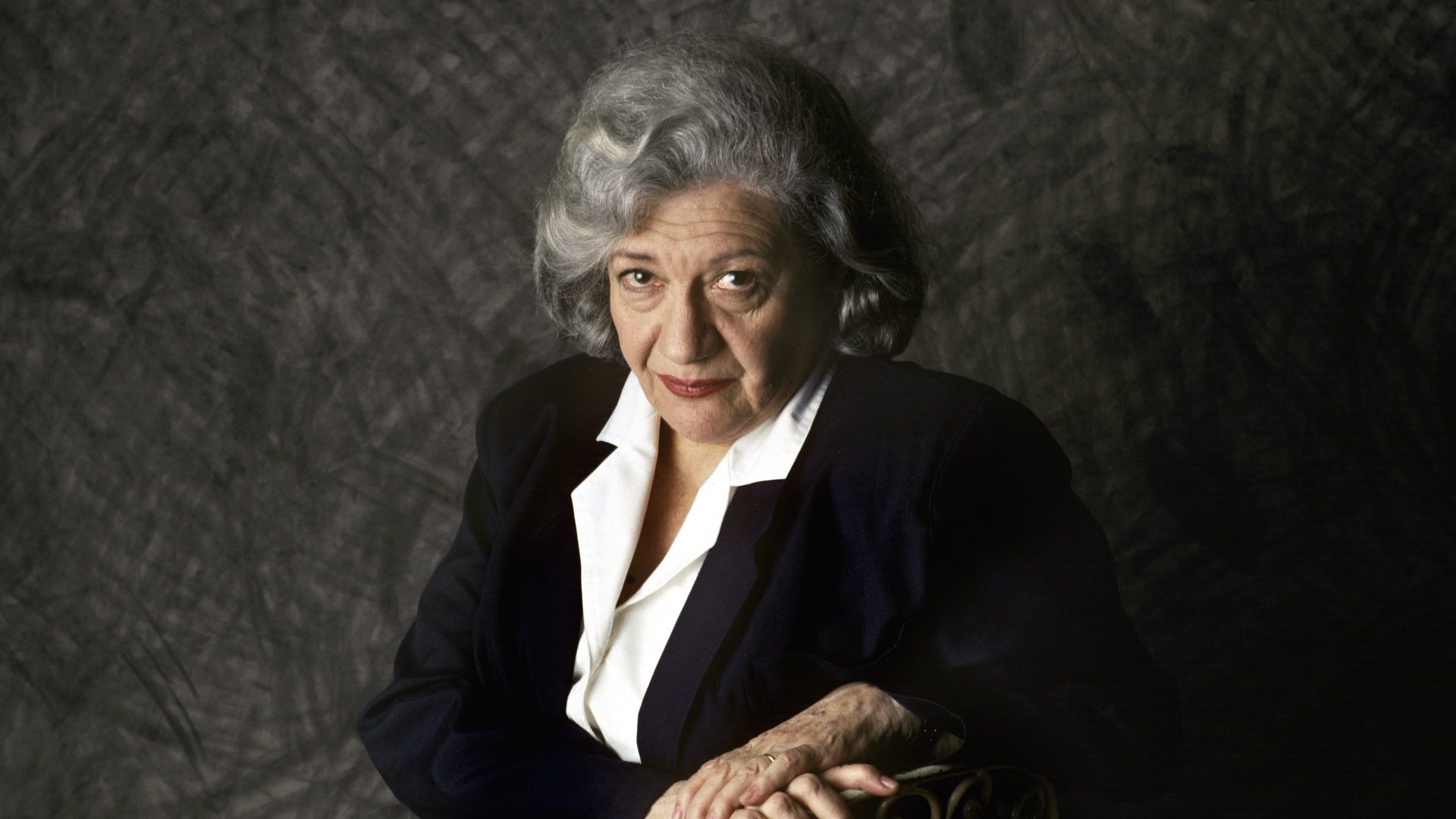The Crimean peninsula, on the northern shore of the Black Sea, has a complex linguistic history (TNE #39) which has involved, among many other languages, Greek, Gothic and Tatar, as well as, more recently, Russian and Ukrainian.
It seems now that this history should be extended to include English, which is a bit of a surprise, but the possibility seems real enough. But how did English become established as far away from home as the Black Sea?
It is very probable that this stems from 1066 and the Norman Conquest. Not every member of the defeated indigenous Anglo-Saxon population of Britain was prepared to stay put and suffer dispossession and subjugation at the hands of the invading Normans. There were many uprisings against the French-speaking Normans by English-speaking Anglo-Saxons, for example in the Fens around Ely under the leadership of Hereward the Wake. And thousands of aristocrats, believing that resistance would be futile, sold their land and left Britain altogether. According to one account, a fleet of more than 300 ships set sail from England, heading for the Mediterranean. A possible date for this departure is the late 1070s, after the death in about 1075 of King Sweyn II of Denmark, who the Anglo-Saxons had hoped would come to their rescue.
Cambridge archaeologist Dr Caitlin Green, following the pioneering work of Dr Jonathan Shepard, has posted a fascinating article on her website about “The medieval ‘New England’: a forgotten Anglo-Saxon colony on the north-eastern Black Sea coast”. She discusses the establishment, on or near the Crimean peninsula, of an Anglo-Saxon-speaking community, founded after 1066 by exiles who had chosen to escape from Norman control. But why Crimea? It’s not exactly just down the road from Britain, requiring a journey across the Bay of Biscay, through the Straits of Gibraltar, along the Mediterranean, and through the Bosporus Strait into the Black Sea.
The answer appears to lie in part with the Varangian Guard, who were the personal bodyguards of the Byzantine Emperors in Constantinople. They were foreign mercenary soldiers who provided the Emperor with a trustworthy force: they were not involved in the ethnic antagonisms and political intrigues of the Byzantine Empire and could therefore be relied upon to remain loyal to him.
Linguistically, the Guards were initially a mixture of speakers of East Slavic languages and Old Norse, but from the late 11th century onwards – after 1066 until well after 1200 – a considerable number of self-exiled Anglo-Saxons were attracted to the force as a way of finding employment in those far-flung lands. English seems to have become the main language of the Guard during that period and until the 1300s.
In due course, at the request of these refugee emigrants, Emperor Alexius I Comnenus granted the Anglo-Saxon contingent some Byzantine lands of their own, which they named Nova Anglia “New England”. The evidence for this, which includes records of the local toponyms Porto di Susacho – perhaps “Saxon Port” – and Londina, suggests the settlement was somewhere in the vicinity of Crimea. Dr Green tells us it is possible that Londina was the name given to the river now known as the Vulan, which flows out into the northeastern Black Sea by the settlement of Arkhipo-Osipovka.
In the early 12th century, one of the emigrants, Wulfric of Lincoln, was sent to England by the Emperor as an ambassador.
Varangian
The name of the Varangian Guard came from the Old Norse word væringi, from værr “pledge”, signifying confederates who had sworn fidelity to one another. In the context of the Byzantine Emperors, it came to refer to a man who had taken service with a new imperial master by pledging allegiance to him.




